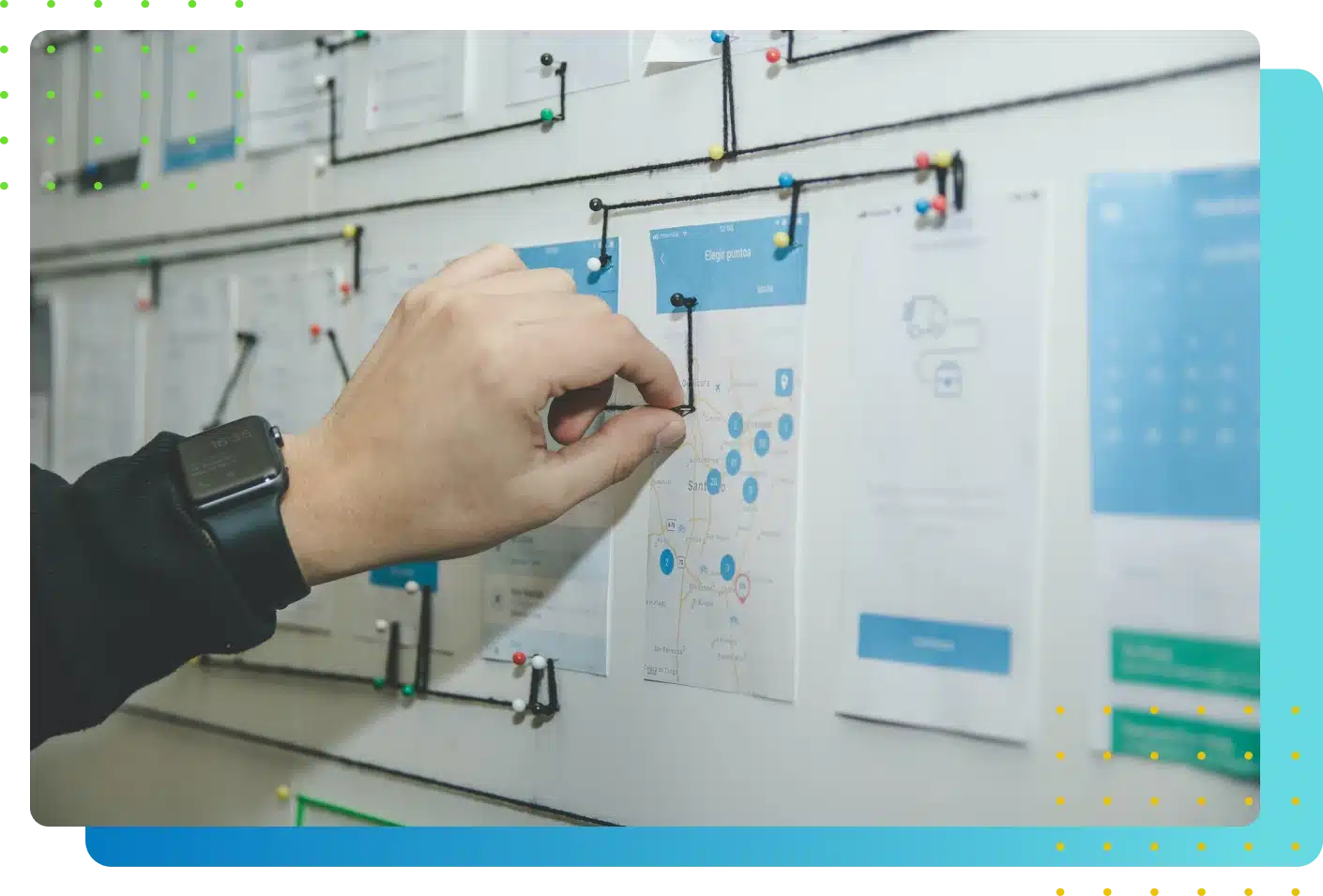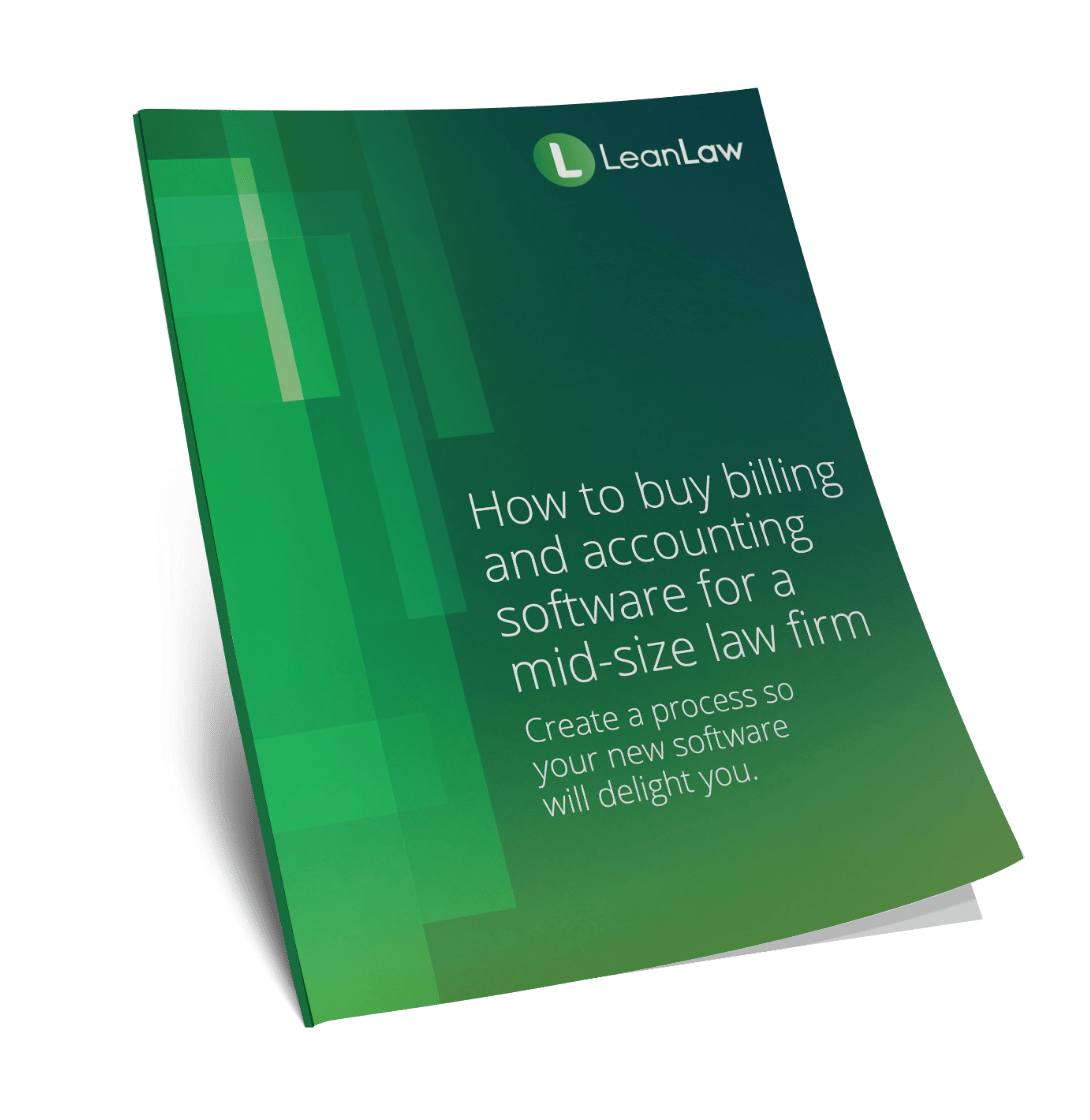
Trust accounting is a critical aspect of running a law firm, ensuring that client funds are managed accurately, securely, and in compliance with legal and ethical obligations.
That all sounds pretty straightforward, right?
Maybe. But for the person who is charged with the task of implementing, managing and analyzing a law firm’s trust accounting workflow, the overall process of trust accounting can be complicated and even intimidating, especially for a firm that hasn’t put the necessary time into making sure that it’s a priority.

Key Takeaways
- Trust accounting is a key part of almost all law firm operations and having the right software in your tech stack will make a huge difference in your firm’s overall law practice management software system.
- Not only is accurate and transparent trust accounting important to your clients, it must also meet the rules and regulations that are set forth in your state as well.
- The best way to ensure that you have the right accounting software for your firm is to determine your firm’s needs, research your options and make sure you fully understand what is available on the market today.
Because trust accounting is such an integral part of a firm’s overall operations and success (and because manual trust accounting processes can be complex, time-consuming, and prone to errors) , finding the right software for your law firm’s trust accounting needs can revolutionize your firm’s operations.
By streamlining workflows, automating tasks, and providing comprehensive reporting capabilities, well-designed trust accounting software empowers law firms to transition from chaos to control.
Let’s look at some of the key benefits of using the right trust accounting software for your firm’s trust accounting and how it can be implemented into your overall law practice management software tech stack to make a significant difference in your firm’s efficiency, compliance, and overall success.
The Importance of Trust Accounting
What is trust accounting? Trust accounting is a fundamental aspect of running a law firm and plays a crucial role in maintaining the integrity of the legal profession as a whole…not to mention your own firm’s integrity as well.
By definition, trust accounting is the management of client funds that are held in trust, and making sure that they are used only for specific purposes and in accordance with the rules and regulations governing the trust account.
The importance of trust accounting cannot be overstated, since it directly impacts your clients, your reputation and your firm’s overall compliance with the rules and regulations that govern it in your jurisdiction.
One of the primary reasons why trust accounting is so heavily regulated is because it’s dealing with money that doesn’t belong to the lawyers or law firm until services are rendered.
Lawyers often hold funds on behalf of their clients, such as advance payments, settlement proceeds, or retainers. These funds are entrusted to the lawyer with the expectation that they will be handled responsibly and used for their intended purpose.

Proper trust accounting ensures that client funds are safeguarded, accurately tracked, and readily available when needed. Being a good steward of a client’s funds means being good at trust accounting.
In addition to client protection, trust accounting is also a legal and ethical obligation for lawyers.
Legal jurisdictions have specific rules and regulations in place to govern trust accounting practices, designed to prevent any misappropriation from happening, commingling of funds, or other unethical practices. All lawyers and other legal professionals must adhere to trust accounting requirements to uphold the integrity of their practice and demonstrate their commitment to ethical conduct.
Another aspect of trust accounting that requires a firm having an overall strong accounting system and accurate legal billing.

Trust accounts often involve multiple transactions, such as deposits, withdrawals, reimbursements, and interest accruals.
A firm that is committed to good accounting practices, will be able to streamline financial processes related to trust accounting, such as being able to accurately reconcile trust account balances, process any online payments, successfully withdraw and/or transfer funds, and provide comprehensive reports to clients and regulatory authorities.
Trust accounting software can greatly simplify these tasks by automating many of the calculations, generating real-time reports, and ensuring accuracy in a firm’s financial management.
Schedule a demo
Common Challenges in TrusTrust Accounting
It is widely known that trust accounting can present several challenges for law firms due to its complexity, the stringent rules and regulations, and the high level of responsibility involved.
Understanding these challenges will be crucial if you want to be able to understand and implement effective solutions.

Here are some common challenges faced in trust accounting:
- Manual Data Entry: Many law firms still rely on manual data entry for trust accounting, which is time-consuming and prone to errors. Manually entering transactions, reconciling balances, and generating reports can lead to mistakes and inefficiencies.
- Complexity of Transactions: Trust accounting involves a wide range of transactions, including deposits, withdrawals, transfers, reimbursements, and interest accruals. Tracking and managing these transactions accurately can be challenging, especially when dealing with multiple client matters and accounts.
- Compliance with Regulations: Trust accounting is subject to strict regulations and guidelines, varying from jurisdiction to jurisdiction. Staying compliant with these regulations requires a deep understanding of the rules and ongoing monitoring of trust account activities.
- Reconciliation Challenges: Reconciling trust account balances with bank statements and ensuring accuracy can be a time-consuming and intricate process. Identifying discrepancies, resolving errors, and maintaining up-to-date records can be a significant challenge without the right tools.
- Misallocation of Funds: Misallocating client funds can lead to serious consequences, including ethical breaches and legal implications. Keeping track of the purpose and source of funds and ensuring proper allocation is essential to avoid commingling or unauthorized use.
- Reporting and Audit Requirements: Law firms are often required to provide detailed trust account reports to clients, auditors, and regulatory authorities. Generating accurate and comprehensive reports in a timely manner can be demanding, especially without proper trust accounting software.

Step-By-Step Process for Attorneys & Law Firmsto Buy Law Firm Software
Understand who needs what and prioritize features as you investigate new software. Download Buyers Guide eBookThe Power of the Right Trust Accounting Software
Choosing the right trust accounting software can make a significant difference in the efficiency, the accuracy and the compliance of your law firm’s trust accounting processes.
Let’s look at some of the biggest benefits that the right trust accounting software can provide:
1. Streamlined Workflow: Trust accounting software automates manual processes and streamlines workflow, saving valuable time and effort for law firm staff. With features like automated transaction recording, bank reconciliation, and generation of reports, the right trust accounting software can really eliminate the need for tedious manual data entry and reduces the risk of errors.
2. Real-Time Insights: Trust accounting software provides legal professionals real-time visibility into trust account balances, transactions, and financial reports. This allows law firms to have an up-to-date understanding of all their trust accounts, enabling them to make informed decisions and take timely actions.
3. Compliance and Audit Readiness: Firms that have the right trust accounting software will better be able to stay compliant with trust accounting regulations and guidelines. Software systems like LeanLaw can ensure accurate record-keeping, track compliance requirements, and generate reports that meet audit and regulatory standards. This helps law firms confidently navigate audits and avoid potential legal and ethical issues.

4. Enhanced Security: Trust accounting software offers robust security measures to protect sensitive client and financial data. It’s important to look for software that allows for encrypted data storage, user access controls, and regular backups. A software company that values these values the importance of confidentiality and your firm’s long term integrity.
5. Seamless Integration: The right trust accounting software can integrate with other legal software tools used by your law firm, such as time and expense tracking, case management, and document management systems. This seamless integration can help you create the ideal tech stack and lead to efficient data exchange among your attorneys and legal staff. It also eliminates the need for duplicate data entry, ensuring consistency and accuracy across different systems.
6. Scalability and Growth: As your law firm grows, trust accounting software can scale with your business. It accommodates an increasing number of client matters, trust accounts, and transactions, providing the flexibility and capacity needed to handle growing accounting needs.
How LeanLaw Transforms Trust Accounting
LeanLaw is a leading trust accounting software specifically designed for law firms.
With its advanced features and intuitive interface, LeanLaw offers a transformative solution that simplifies and optimizes trust accounting processes.
Here’s how LeanLaw can transform trust accounting for your law firm:
Automated Transaction Recording: LeanLaw automates the recording of trust transactions, eliminating the need for manual data entry. The software seamlessly integrates with your bank accounts, allowing transactions to be automatically imported and matched with client matters.
Real-Time Trust Account Balances: With LeanLaw, you can access real-time trust account balances at any time. The software provides a clear view of each client’s trust balance, enabling you to monitor trust account activity and ensure compliance with trust accounting regulations.

Trust Account Reconciliation: LeanLaw simplifies trust account reconciliation by automatically importing bank transactions and matching them with trust activities. Since it’s built on QuickBooks Online, three-way reconciliations become a straightforward and simple task for everyone involved. The software reconciles trust account balances, identifies discrepancies, and helps you quickly resolve any issues.
Compliance Tracking and Reporting: Trust accounting compliance is a critical aspect for law firms. LeanLaw helps you stay on top of compliance requirements by tracking important dates, deadlines, and rules specific to trust accounting. The software generates comprehensive reports, including client ledgers, three-way reconciliations, and IOLTA accountings, that meet audit and regulatory standards.
Secure and Collaborative Environment: LeanLaw prioritizes data security and provides a secure environment for your trust accounting needs. The software offers features like multi-factor authentication, role-based access controls, and data encryption to safeguard sensitive client and financial information.
Integration with Legal Practice Management: LeanLaw seamlessly integrates with other parts of your legal tech stack, making your legal workflow more collaborative and easier to manage. The integration ensures that trust accounting data is synced with other critical systems, such as time tracking and billing, eliminating duplicate data entry and ensuring consistency across platforms.
LeanLaw is a powerful trust accounting solution that transforms the way law firms manage their trust accounts. By choosing LeanLaw, your law firm can confidently handle trust accounting responsibilities while providing trusted and reliable financial management for your clients.
Are you ready to learn more about what LeanLaw can do for your firm? Then reach out to one of our knowledgeable experts today.
Lean Law can help you turn trust accounting into a well-controlled aspect of your law firm and remove the chaos often associated with it.




